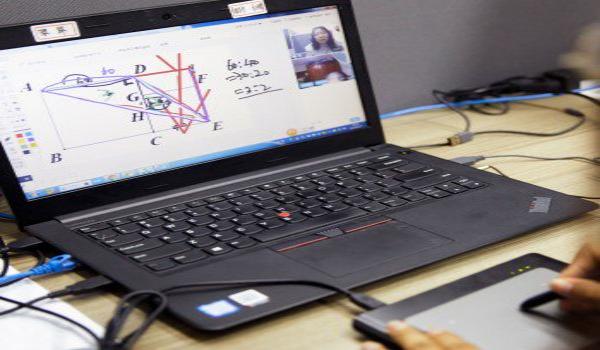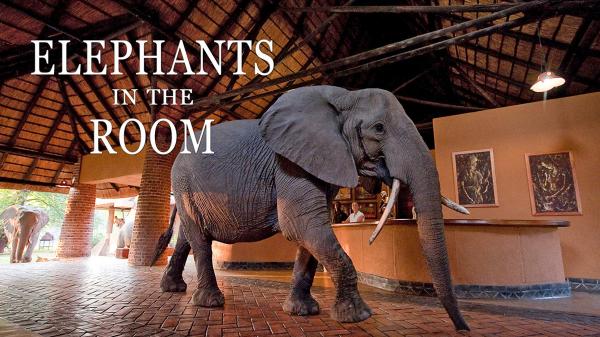What China AI-based education tells us about work
Or, more exactly: the MEANING of education and FUTURE of work.

China has “started a grand experiment in AI education”, with tens of millions of students, that “could reshape how the world learns”. Or tell us something else. Like reminding us what must be the main purpose of learning.
There are two broad issues combined in that article. The most evident is the intrinsical limits of “artificial intelligence (AI)-based education”. These quotes summarize how the article outlines those limits:
- AI makes it easy to put way too emphasis on standardized testing and learning
- At best, AI can help teachers foster their students' [pre-existing] interests and strengths
- A student asked what improvements he would like in the AI system he was using answered “I wish we had more interaction with our human teachers”.
- [the strenght of AI] is to take care of time consuming tasks allowing human teachers to “focus on emotional communication”
Nothing new so far: check what I saw in Nepal, ten years ago, without any Artificial Intelligence.
Work? Or something else?
The other, more interesting issue is about the future of the meaning, and role, of work.
By automating all sorts of tasks, says the article, Artificial Intelligence is already reshaping “the nature of work” so much that, in order to get a job, humans will need to focus on uniquely human skills: “creativity, collaboration, communication and problem-solving”. Therefore, instead of standardized learning that would leave the next generations “ill prepared to adapt [to] rapidly changing work”, AI in education should “bring out the strengths and interests of each person”.

<u><em><strong>CAPTION:</strong>
<a href="https://www.vox.com/2018/5/8/17308744/bullshit-jobs-book-david-graeber-occupy-wall-street-karl-marx" target="_blank">Bullshit jobs, anyone?</a>
</em></u>
There are three big problems here, even ignoring the fact that many present and future jobs may be “batshit work” that simply should not exist. There is the basic “education for employment” mistake, which I explain below. Then there is the usual “industry 4.0” myth that says that automation will create more, and better jobs than those it destroys: this time, that is just a myth.

But the really interesting problem is this: what if, instead of being rote learning 2.0, AI-based education does spectacularly succeed in developing “creativity, collaboration, communication, and problem-solving” and bringing out “the strengths and interests of each person”…
and the products of this success find themselves that their real strengths are not marketable, and their real interests are not careers? What if they conclude that all those uniquely human creativity, collaboration and communication skills that their AI education gave them… would be much better used outside of any workplace?
We really live in interesting times. Often in the wrong way, but interesting they are.
Education for employment?
The main problem here is the very idea that education and schooling should prepare to work, by making pupils employable. That is the original error. Education and schooling (up to, and including high school) should prepare to be learned, good citizens.
What should prepare people (of whatever age!) to work and make them employable is training. Training could certainly be part of school programs, and in many cases it probably should. But confusing education with training is one of the biggest mistakes of our time. With or without Artificial Intelligence.
Who writes this, why, and how to help
I am Marco Fioretti, tech writer and aspiring polymath doing human-digital research and popularization.
I do it because YOUR civil rights and the quality of YOUR life depend every year more on how software is used AROUND you.
To this end, I have already shared more than a million words on this blog, without any paywall or user tracking, and am sharing the next million through a newsletter, also without any paywall.
The more direct support I get, the more I can continue to inform for free parents, teachers, decision makers, and everybody else who should know more stuff like this. You can support me with paid subscriptions to my newsletter, donations via PayPal (mfioretti@nexaima.net) or LiberaPay, or in any of the other ways listed here.THANKS for your support!